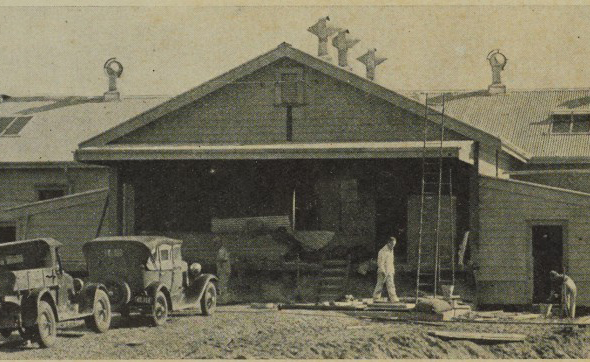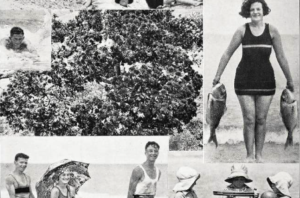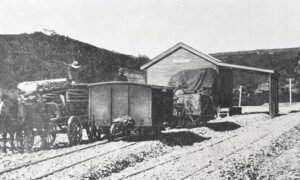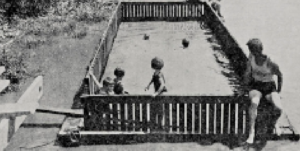As part of a Valley Profile series, MEGHAN HAWKES searches through old newspapers to bring you the stories Thames Valley locals once read about themselves.
1945
A nationwide dairy strike spread to four factories of the New Zealand Cooperative Dairy Company on the Hauraki Plains at Waitakaruru, Ngatea, Kopuarahi and Turua cheese factories.
Wharepoa, Hikutaia and Matatoki cheese factories and the Ngatea butter factory kept working. Mr Hale, of Kopuarahi, chairman of the Dairy Board, and Mr Marshall, a member of the board and chairman of the New Zealand Co-operative Company, left for Wellington to discuss the strike. Local farmers stepped in to man the factories as soon as the strike occurred. Air force and Army personnel helped the other 30 striking factories across the country.
A fighter pilot was killed and another was posted missing following night flying training by two RNZAF aircraft in the Auckland area. Both aircraft were flying from Whenuapai and were last heard of between 10.45 and 11pm. A search was begun and the wreckage of one machine was found between Pokeno and Miranda. The pilot was killed instantly. A widespread search by aircraft did not locate the second machine, although most of the Auckland area was covered before the weather stopped flying. During a further search particular attention was be paid to the Waitakere ranges but the pilot and his aircraft were never found.
The Kaiaua hotel and the self-contained store and post office which were part of the hotel property, were totally destroyed by fire. The licensee, Mr Annan, his wife and local residents were only able to save a few personal effects. When discovered, the fire had a strong hold but as there was an inadequate water supply they were powerless and had to stand by and watch the hotel go up in smoke. The building contained about 14 rooms, including eight bedrooms. They had been recently painted. It was a very severe loss, especially under post war circumstances and shortages when replacement was difficult. The cause of the fire was not known.
A boys’ holiday camp to be held at the YMCA’s property on the Thames Coast at Waiomu would cater for 400 boys at the rate of 140 a week. The camp had recently been improved and now featured an outdoor chapel and a camp fire circle. It was beautifully situated on a sandy bay overlooking the Firth of Thames. Natural drainage provided dry ground on which to pitch tents. Several mountain streams and hundreds of acres of bush clad hills invited tramps and exploration. The health of the campers was given every consideration and there were at least two nurses on site. Every precaution would be taken to ensure safety, particularly during swimming and boating. The boys could participate in athletics, archery, debates, prepared and impromptu speeches, deck tennis, quoits and skittles.
There would also be team games of cricket, football, volley ball, basketball and baseball. The many letters of appreciation from parents that were received after the previous year’s camp made enthusiastic reference to how their boys had thoroughly enjoyed themselves.




